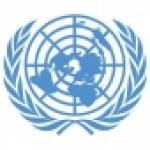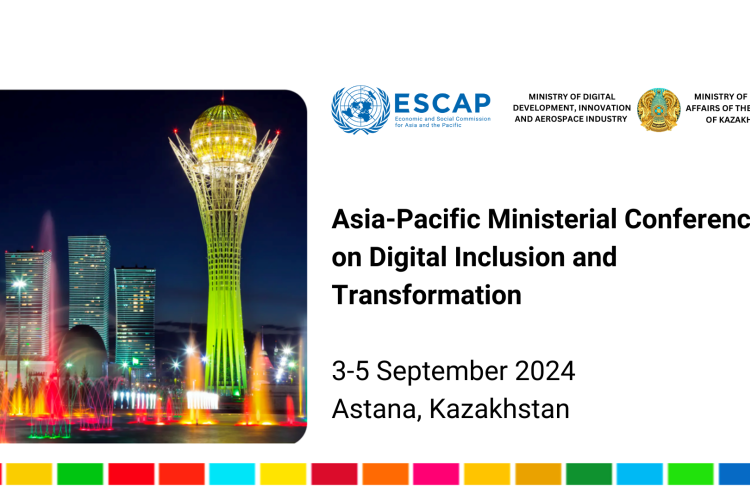Planning Processes, Policies and Initiatives in ICTD Education at Institutions of Higher Learning in Asia and the Pacific
New studies were published to provide a national-level, gender-sensitive analysis of current planning processes, policies and initiatives on information and communications technology for development (ICTD) in institutions of higher learning (IHLs) in a selection of countries (including Cambodia, India, Republic of Korea, Sri Lanka and Thailand) in the region to prepare future ICTD leaders in the respective countries, taking into account ICT connectivity and partnerships between IHLs and private sector, policymakers and regulators.
ICTs hold the promise of improving the lives of people - disadvantaged people in particular. IHLs in developing countries are continually reminded that they should prepare future leaders with the advanced knowledge and skills needed for the next stage of development in their countries. The need for an orientation towards ICTD in academic curricula, whether in ICT disciplines or other disciplines, was recognized by UN-APCICT in their ‘ICTD Youth’ programs.
Recent research has indicated that universities and other higher-learning institutions in the region responsible for training the next generation of leaders lack adequate coverage of ICT for development in their curricula. Programs and courses that are best suited to provide training and impart knowledge about the use of ICT for socio-economic development either do not cover ICTD or address it in a manner that sufficiently identifies the potential of ICT for development.
Do countries in the Asia-Pacific region have plans, policies and initiatives necessary to build tomorrow’s ICT leaders with sensitivity to ICTD issues, at national, institutional or program level? In these country papers an attempt is made to answer that question through desk research and expand on the desk research using the case of selected academic institutions and ICT academic programs in those institutions.







